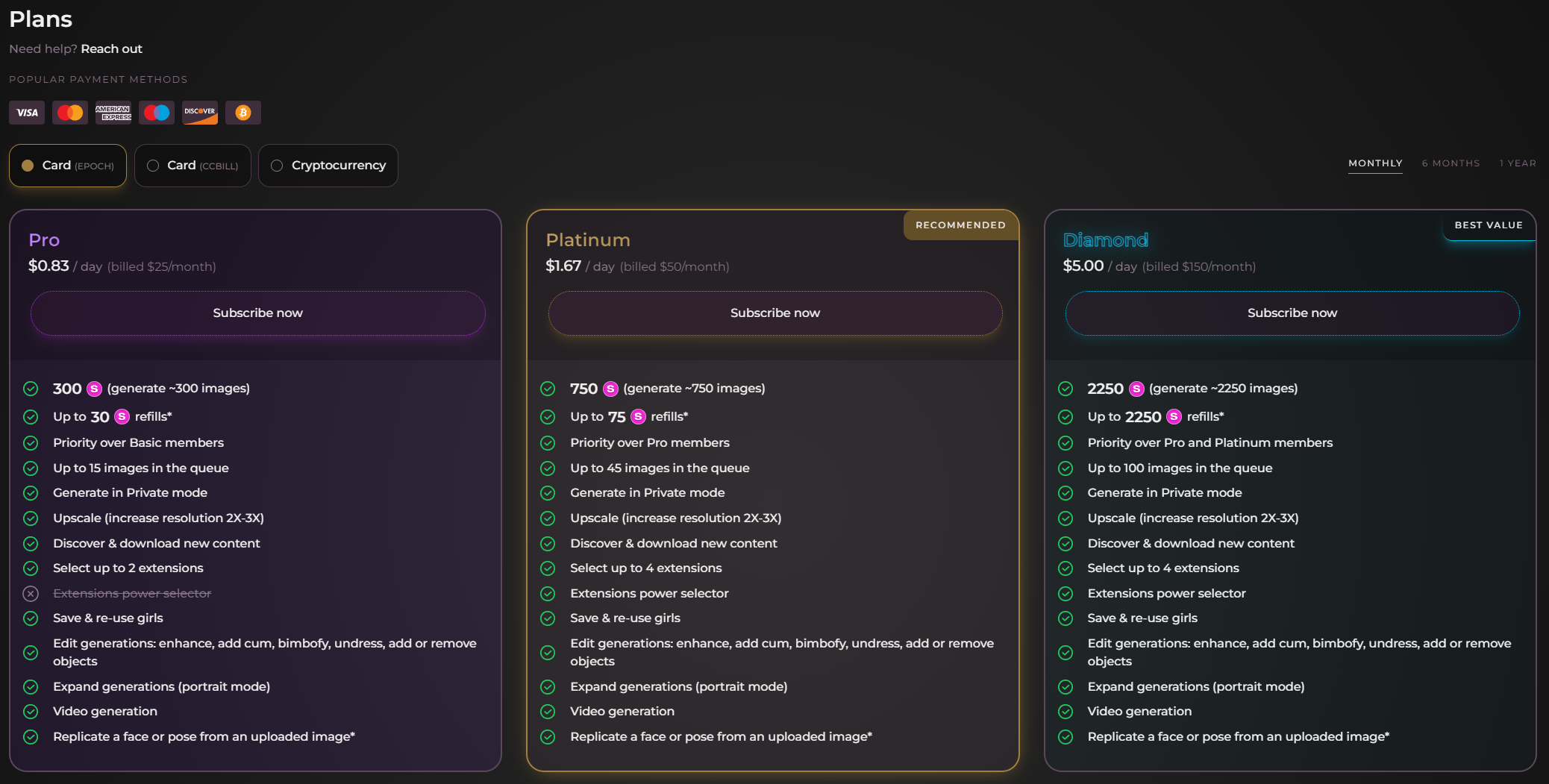When it comes to business strategy, the future is here with the revolutionary technology of Artificial Intelligence (AI). With AI, businesses can gather and analyze vast amounts of data in real-time, allowing them to make informed decisions at a faster pace. This has the potential to completely transform traditional business models and strategies.
AI technology is becoming increasingly accessible and affordable, making it a game-changer in the business world.
The Role of AI in Business Strategy
Before diving into the specific technologies, it is essential to understand the overall impact of AI on business strategy. At its core, AI refers to computer systems that can perform tasks that typically require human intelligence. These include learning, reasoning, problem-solving, perception, and decision-making. By leveraging these capabilities, businesses can automate repetitive tasks, analyze vast amounts of data quickly and accurately, predict trends and patterns, and make informed decisions based on that information.
This ability to process large volumes of data at high speeds gives AI a significant advantage over humans when it comes to making strategic decisions. And as technology advances and algorithms improve, we can expect even more significant benefits from incorporating AI into business strategies.
The Current State of AI in Business Strategy
The use of AI in business strategy is still relatively new but rapidly growing. According to a report by Accenture Research published earlier this year (2024), 72% of executives believe that intelligent automation will be critical or very important for their organizations over the next few years. 84% acknowledge that adopting intelligent technologies is necessary for sustaining competitiveness.
Some early adopters have already started reaping the rewards of incorporating AI into their strategies. For example:
- JP Morgan Chase developed an AI-powered chatbot that helped it identify potential fraud cases, resulting in over $300 million in annual cost savings.
- Coca-Cola used AI to analyze sales data and predict consumer demand, reducing its forecasting error by 20% and saving millions of dollars in the process.
- Netflix leverages AI algorithms to personalize content recommendations for each user, contributing to its impressive success and growth over the years.
These are just a few examples of how companies are currently using AI for business strategy. The potential applications of this technology are vast and continue to expand as new innovations emerge.
AI Technologies Revolutionizing Business Strategy
Candy.ai: Streamlining Operational Processes
Candy.ai is an AI-powered platform designed to streamline operational processes within businesses. It uses machine learning algorithms to automate routine tasks, freeing up employees’ time and resources so they can focus on more critical strategic initiatives.
One of Candy.ai’s most powerful features is its ability to analyze large amounts of data from various sources and use that information to make intelligent business decisions. By doing so, it not only improves efficiency but also helps identify patterns and trends that may go unnoticed by human operators. But if you still want to try out online dating, there are plenty of sites that allow you to sign up for free and browse potential matches without committing to a subscription.
Seduced.ai: Personalizing Customer Experience

Seduced.ai is another exciting AI technology with the potential to transform businesses’ customer experience. This platform uses Natural Language Processing (NLP) and machine learning algorithms to understand customers’ needs and preferences better. By analyzing customer interactions with a business, Seduced.ai can generate insights that help companies deliver personalized experiences at scale.
For instance, Seduced.ai can analyze customer feedback from various channels such as social media, emails, surveys, etc., and identify common pain points or areas for improvement. Based on this analysis, businesses can make strategic changes to improve their products or services, leading to higher customer satisfaction levels.
PromptChan: Enhancing Decision-Making Processes

PromptChan is an AI-powered platform that helps businesses make data-driven decisions. It uses advanced algorithms to analyze vast amounts of data and generate insights, predictions, and recommendations for business leaders to act upon. As the demand for AI-generated porn continues to rise, concerns over its potential effects on society and ethical implications have also emerged.
This technology can help companies in multiple ways:
- It can identify patterns and trends in data that humans may overlook.
- It can provide real-time analysis of complex data sets, enabling businesses to make faster decisions.
- By leveraging predictive modeling, PromptChan can forecast future outcomes and help businesses prepare accordingly.
With the assistance of PromptChan, businesses can take a more proactive approach to decision-making and achieve better results.
The Pros and Cons of AI Technologies
Pros:
- Faster innovation: With the help of AI-powered platforms like Candy.ai, companies can streamline their operations and reallocate resources towards innovation initiatives.
- Increased efficiency: AI technologies enable businesses to automate repetitive tasks, freeing up employees’ time for more critical work.
- Better decision-making: With the ability to process vast amounts of data quickly, AI can provide valuable insights that humans may miss.
- Personalization: AI technologies like Seduced.ai allow businesses to deliver personalized experiences at scale, leading to higher customer satisfaction levels.
- Cost savings: By automating processes and improving efficiency, businesses can save money on labor costs.
Cons:
- Data privacy concerns: The use of AI often requires collecting large amounts of personal data from customers. This raises privacy concerns and ethical considerations that businesses must address carefully.
- Lack of human touch: As machines take over mundane tasks, there is a risk of losing the human touch that customers value. Businesses must find a balance between automation and personalization.
- Job displacement: Some argue that the use of AI could lead to unemployment as machines take over jobs traditionally done by humans.
- Dependency on technology: Businesses must ensure they have contingency plans in place if the AI systems fail or malfunction.
- Implementation challenges: Integrating AI technologies into existing business processes may be challenging and require significant investment in time, resources, and training.
The Road Ahead: Preparing for an AI-Driven Business World
The potential of AI technologies is vast, and we are only scratching the surface of what is possible. As this technology continues to evolve, businesses must prepare themselves for an AI-driven future. Here are some steps companies can take to embrace this change:
Invest in Skills Development
To take full advantage of AI’s potential, businesses need employees with the right skills. This includes not just technical expertise but also soft skills like creativity, critical thinking, problem-solving, etc. Companies should invest in upskilling programs for their employees to prepare them for an AI-driven workplace.
Address Ethical Concerns
As mentioned earlier, there are valid concerns around data privacy and ethical considerations when it comes to using AI technologies. Businesses must address these concerns proactively and ensure they have robust policies and procedures in place to protect customer data and minimize any negative impact on society.
Start Small and Scale Up
Implementing new technologies like AI can be daunting for businesses. To mitigate risks, companies should start small with pilot projects before scaling up gradually. This approach will allow them to test the technology’s capabilities while minimizing disruption to existing operations.
Closing Remarks
AI has already begun revolutionizing business strategy across various industries, and its impact will only continue to grow in the coming years. With advancements in technology, we can expect AI-powered systems to become even more capable of improving efficiency, making data-driven decisions, and driving innovation. Businesses that embrace this change and invest in AI technologies today will be well-positioned to reap significant benefits tomorrow.

Candy.ai
✔️ Generate AI Porn Images
✔️ Listen To Voice Messages
✔️ Fast Response Time

Seduced.ai
✔️ Generate AI Models
✔️ Save & Reuse Girls
✔️ 300 Images Per Month

PromptChan.ai
✔️ Completely Free To Test
✔️ Edit Your AI Models
✔️ Make Porn Images (no limit)
How is Artificial Intelligence Being Used in the Field of Analytics and Data Analysis?
Artificial intelligence (AI) is revolutionizing analytics and data analysis by automating tasks that were previously done manually. Through machine learning algorithms, AI can quickly process vast amounts of data to identify patterns and trends, making it easier for businesses to make informed decisions. It also helps with predictive analytics, allowing companies to anticipate future outcomes based on historical data. AI in analytics improves efficiency and accuracy in decision-making processes.
What are Some Potential Benefits and Drawbacks of Incorporating AI Into Analytical Processes?
Incorporating AI into analytical processes can have numerous benefits, such as increased efficiency and accuracy in data analysis. It can also help identify patterns and trends that humans may not be able to detect on their own. However, there are also potential drawbacks, such as the reliance on AI for decision-making and the possibility of biased results if not properly programmed or monitored. A careful balance between human oversight and AI integration is crucial for maximizing the benefits while minimizing the drawbacks.
Can AI Algorithms Provide More Accurate Insights and Predictions Compared to Traditional Methods?
Yes, AI algorithms have the ability to analyze large amounts of data and identify patterns that humans may miss. This results in more accurate insights and predictions that can help inform decision-making. AI technology is constantly learning and improving, making it a valuable tool for providing accurate and up-to-date information.
